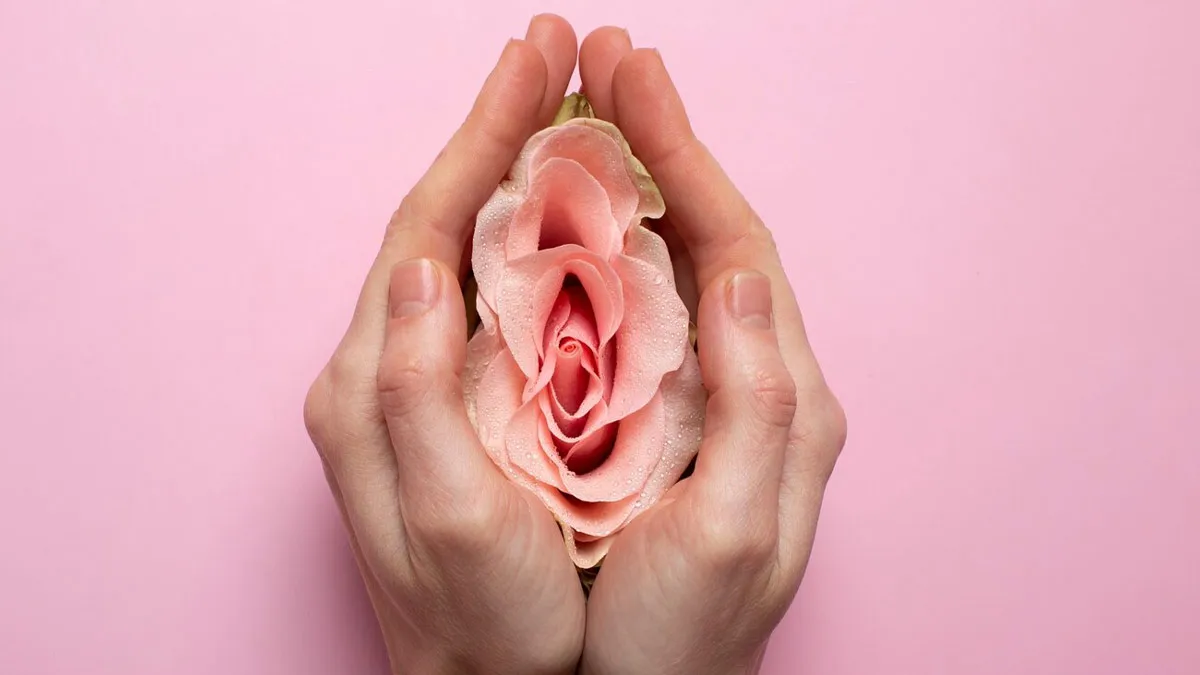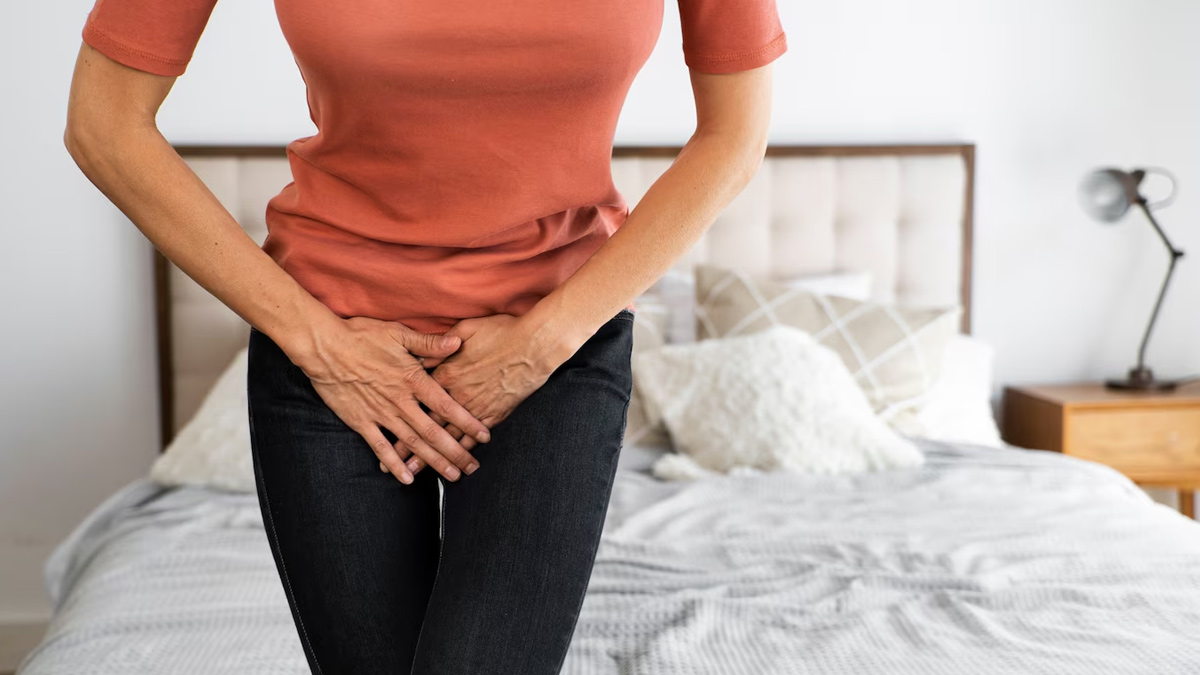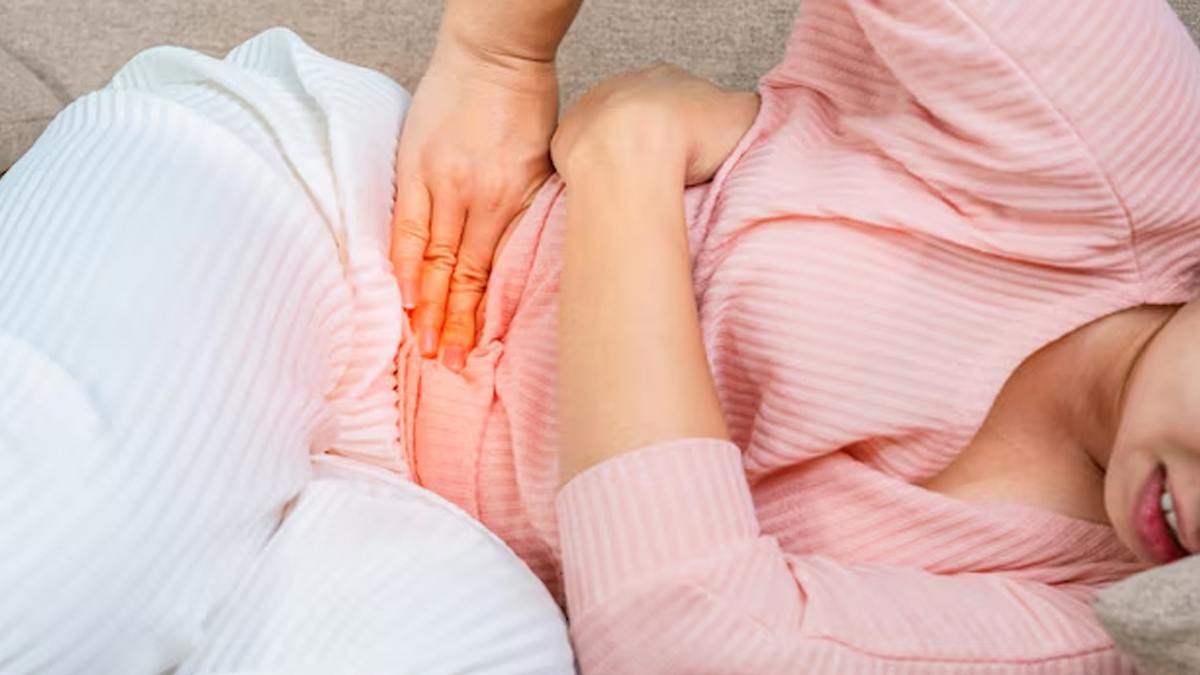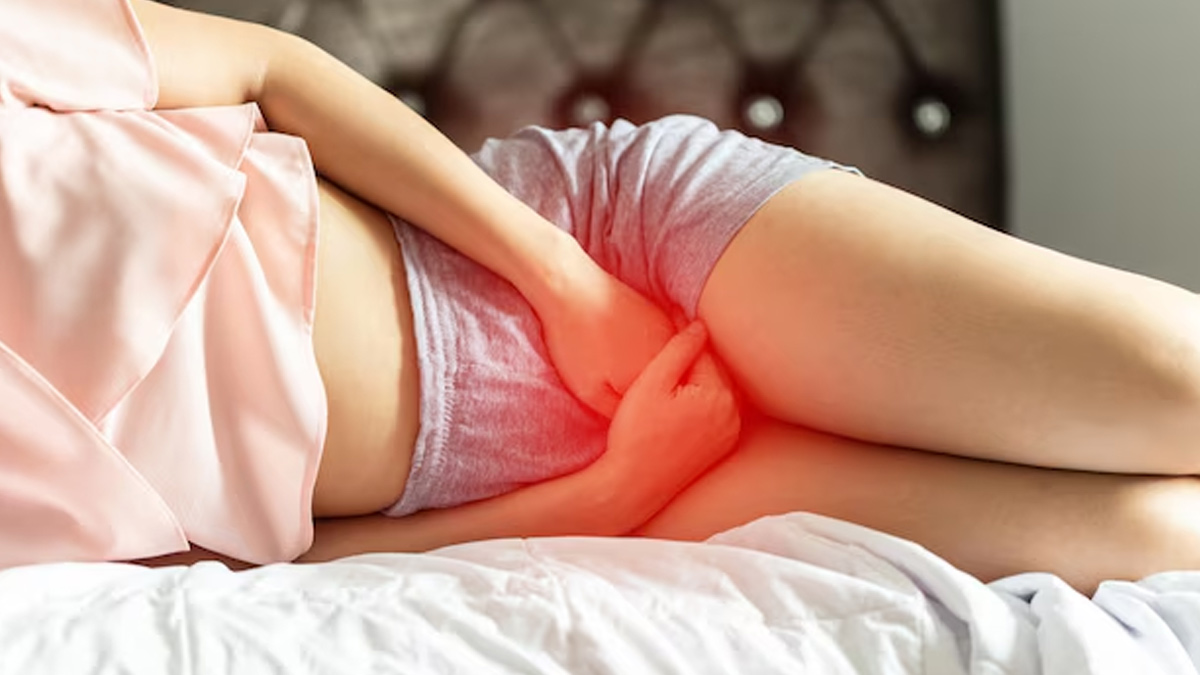
Vaginal and vulvar swelling is a commonly occurring problem in women that can be caused by various issues. While it's not always concerning, consulting a doctor to identify the cause is crucial.
Table of Content:-
Speaking with the OnlyMyHealth team, Dr Mahua Bhattacharya, Consultant Gynaecologist, Fortis Hospital, Anandapur, discusses some of the common causes of a swollen vagina and vulva and shares tips to manage the same.
Also Read: Not Just Your Gut Health, Here's How Probiotics Also Help Improve Vaginal Health
Common Causes Of Vaginal And Vulvar Swelling

Vaginal swelling can occur due to various reasons, ranging from something as simple as an allergic reaction to soaps and vaginal washes to something more serious, like an infection. The key is to identify them in time and to take necessary measures. According to Dr Bhattacharya, some of the most common causes of a vaginal swelling include:
- Yeast infections
- Bacterial vaginosis: Bacterial overgrowth, caused by an imbalance of natural vaginal flora.
- Trichomoniasis: Sexually Transmitted Infection (STI) caused by Trichomonas vaginalis.
- Allergic reactions: Dermatitis caused by soaps or other products.
- Irritation from tight clothing
- Vaginal dryness, often during menopause.
- Accidental trauma or surgical complications.
- Forced or violent sexual activity.
- Vulvar cancer
Infections And Vaginal Health

Dr Bhattacharya suggests that infections, including yeast infections, bacterial vaginosis, and STIs, can lead to vaginal or vulvar swelling due to inflammation and irritation caused by the infection itself or the body's response to it.
“Infections, whether fungal, bacterial, or viral, trigger the body's immune system to respond, leading to inflammation in the affected tissues, which can cause swelling, redness, and pain,” she explains, adding that certain infections, like yeast infections or bacterial vaginosis, can cause irritation and itching, further contributing to swelling and discomfort.
A Bartholin's cyst, a fluid-filled sac near the vaginal opening, can also become infected, leading to a swollen, red, tender, and hot vulva. Moreover, injuries can also cause inflammation and swelling in the vulva.
Can Allergic Reactions To Products Cause Vaginal Swelling?
It is important to note that allergic reactions to products or fabrics can cause vaginal or vulvar swelling. Harsh chemicals in products like soaps, cleansers, douches, lubricants and condoms or diaphragms can irritate the skin and cause allergic reactions.
Certain fabrics, dyes or finishes in clothing can also cause friction, swelling or allergic reactions.
Also Read: Experiencing Sudden Rise in Vaginal Discharge? Here Are Some Possible Causes
When To Be Concerned About Vaginal Swelling?

Vaginal swelling is usually harmless; however, certain signs should not be ignored and should be consulted with a doctor. These include:
- Sudden and severe swelling, increasing swelling over time, and severe pain during daily activities, urination, or sex are concerning symptoms that require prompt medical attention.
- Fever or temperature over 101.5°F (38.6°C), indicating a possible infection.
- Unusual vaginal discharge, odour, or colour, which may indicate an infection.
- Unusual vaginal bleeding or spotting, especially if heavy or persistent.
- Previous diagnosis of vaginal, vulvar, or cervical cancer.
- Conditions like HIV/AIDS, diabetes, or taking immunosuppressive medications.
- Swelling during pregnancy or after childbirth, especially if accompanied by other symptoms.
- Swelling persists or worsens despite taking prescribed medication.
Medical Treatments And Home Remedies
According to Dr Bhattacharya, treatment options for managing certain infections or inflammations in the vaginal area often include a combination of approaches. Antibiotics or antifungal medications may be prescribed to address underlying infections, while anti-inflammatory medicines — either over-the-counter or prescription — can help reduce swelling and pain. Additionally, topical creams or ointments are commonly recommended to ease inflammation and promote faster healing.
In some cases, measures like vaginal supports or pessaries may also be used to relieve swelling and provide comfort, Dr Bhattacharya explains.
If you’re looking for home remedies, here’s a list of effective strategies:
- Applying a cold, damp cloth to reduce swelling and ease pain.
- Soaking in a warm bath to help reduce swelling and promote healing.
- Raising the legs above the level of the heart to reduce swelling.
- Avoiding tight-fitting clothing to reduce friction and irritation.
- Keeping the genital area clean and dry to prevent infection.
Conclusion
Intimate hygiene is crucial, especially if you have recurrent swelling in the vagina or vulva. Such problems can occur due to an allergic reaction to scented vaginal washes or fabrics or due to infections that can be viral, bacterial, or an STI. It is crucial to consult a doctor and follow their advice.
Also watch this video
How we keep this article up to date:
We work with experts and keep a close eye on the latest in health and wellness. Whenever there is a new research or helpful information, we update our articles with accurate and useful advice.
Current Version